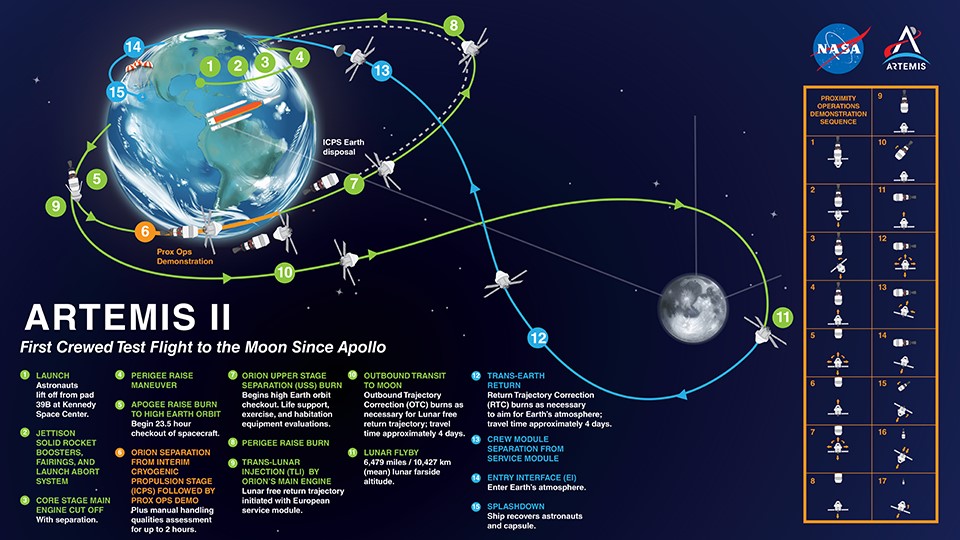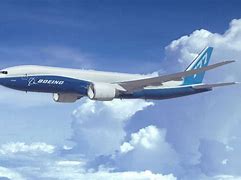Boeing opens African pathways to space

Q&A
With Kuljit Ghata-Aura, President of Boeing Middle East, Türkiye, Africa, and Central Asia
On February 6, 2024 in Dar es Salaam, Boeing and the Future African Space Explorer’s STEM Academy (FASESA) launched the Pathways to Space program, a five-month immersive educational program designed to spark interest in the space industry, enhance STEM literacy, and equip students with the skills necessary for a successful career in aerospace. FASESA aims to bring the wonders of space exploration into African classrooms.
Born in Uganda and raised in the UK, Kuljit Ghata-Aura, is the President of Boeing Middle East, Türkiye, Africa, and Central Asia. He is responsible for coordinating all companywide activities in the region and developing and implementing country and regional strategies. Ghata-Aura focuses on government affairs, new business and industrial partnership opportunities, corporate citizenship projects, expanding the Boeing presence and strengthening company relationships with customers and other stakeholders. He spoke to 256BN
Africa’s space industry rarely makes headline news; how active is the continent, and what does the African space landscape look like?
It’s exciting to see that the African space landscape is rapidly evolving. According to the 2022 report of the think tank Space in Africa, Africa is home to more than 270 space companies that develop space technologies and offer space-based services, collectively employing approximately 19,000 people. According to the same report, the African space industry is projected to grow by 16% to USD 22 billion by 2026. Additionally, 20 African countries established national space programs, and the African Union established the African Space Agency (AfSA) in Cairo, marking a significant milestone.
As a global leader in aerospace, Boeing recognises the immense potential of Africa’s space sector, and we are committed to contributing to the growth and success of the space industry in Africa by investing in a sustainable talent pipeline.
That is why Boeing and the Future African Space Explorer’s STEM Academy (FASESA) have recently launched the educational program Pathways to Space. The program is specifically designed for the youth in Sub-Saharan Africa and particularly emphasises satellite technology.
Can you provide an overview of the “Pathways to Space” program, its objectives, and how it fits into Boeing’s broader commitment to space exploration and education?
Pathways to Space is an extracurricular program tailored for Ethiopian, Nigerian, and Tanzanian school students. The program will reach 300 students over five months, with at least 50% of the participants being girls.
The program is a collaborative effort with local educational and government institutions in Ethiopia, Nigeria, and Tanzania aimed at state schools identified by the local Ministries of Education and Science and Technology.
The curriculum goes beyond imparting theoretical knowledge, incorporating practical elements to offer hands-on experience relevant to the space industry. The program cultivates science, technology, engineering, and mathematics (STEM) literacy. Simultaneously, the program aims to spark curiosity in space exploration by providing foundational knowledge on space, the history of human space exploration, and satellites. Additionally, it equips students with indispensable skills such as critical thinking, problem-solving, creativity, and teamwork.
Through the Pathways to Space program, Boeing is excited to share 60 years of space expertise with the African youth. Our primary objective is to inspire students to explore fulfilling careers in aerospace, thereby nurturing a future generation poised to drive economic transformation in their respective nations.
What are Boeing and FASESA’s plans for developing or expanding the program?
As the program evolves, plans are underway to expand its reach to other African countries, providing educational opportunities for more young people interested in space exploration and STEM.
Starting next year, we will offer online participation and in-person classes, enhancing accessibility.
Boeing and FASESA are committed to enhancing the curriculum, fostering partnerships with more local institutions, and building a supportive online network for students and educators.
What are the expected outcomes of this collaboration in Africa, and what opportunities will it open for the beneficiaries?
Upon completing the program, graduates will get certificates and find themselves at a pivotal juncture with numerous exciting pathways to consider. Whether it entails pursuing further education in aerospace, embarking on entrepreneurial ventures, or actively contributing to the expanding space ecosystem within their countries, the knowledge and skills acquired will empower them to make informed decisions.
Does Boeing provide any space services in Africa?
In 2003, Boeing became one of the pioneers in space endeavours on the continent by inaugurating the first worldwide Ka-band antenna system and tracking facility at the Satellite Applications Centre of the Council for Scientific and Industrial Research in South Africa.
How does Boeing see its role in developing the African space industry?
Space exploration symbolises global cooperation, and Boeing had the privilege of helping put the first man on the Moon. Over the past six decades, Boeing has been and remains a significant player in spacecraft and satellite development, manufacturing, and sustainment.
Space exploration is also about pushing the boundaries and inspiring the next generation to dream big. We are excited to share our aerospace expertise and knowledge with African youth through initiatives like Pathways to Space and other STEM programs.
Since 2008, we have partnered with over 40 African organisations and invested $22 million to support systemic improvements in education and economic empowerment in Africa. We collaborate with credible non-profits and universities to deliver impactful STEM, sustainability, career skills development, entrepreneurship and other programs in all parts of Africa.

 New leadership for bankers’ umbrella as total assets top $12 billion
New leadership for bankers’ umbrella as total assets top $12 billion
 Brussels Airlines to announce Nairobi service
Brussels Airlines to announce Nairobi service
 SITA promises enhanced travel experience after Materna acquisition
SITA promises enhanced travel experience after Materna acquisition
 Saudia’s 105 aircraft order stretches A320neo lead over rival Max
Saudia’s 105 aircraft order stretches A320neo lead over rival Max
 Kenya calls for speedy resolution of territorial and immigration disputes with Uganda at JMC
Kenya calls for speedy resolution of territorial and immigration disputes with Uganda at JMC
 Boeing refuses to pay hackers $200 million for stolen Data
Boeing refuses to pay hackers $200 million for stolen Data
